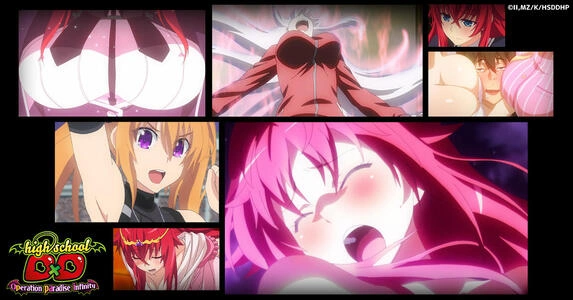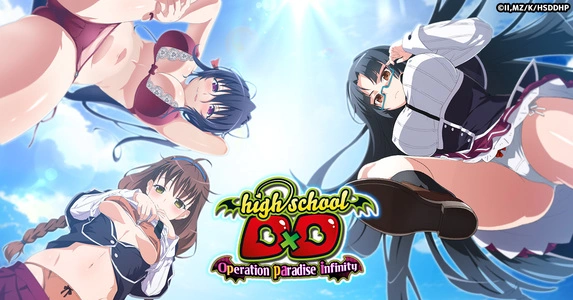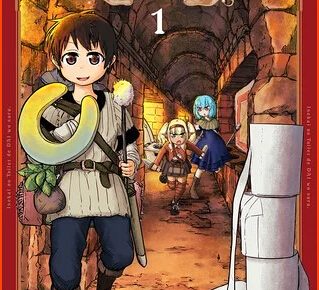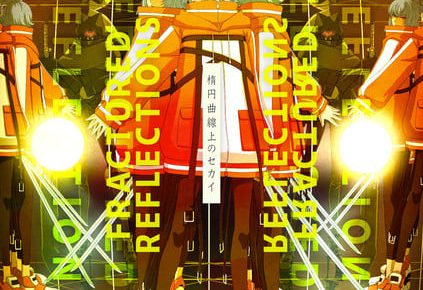Exploring the Unconventional Journey: A Review of Trillion Game Episodes 1-13
In an anime landscape often dominated by clichéd plots and archetypical characters, "Trillion Game" emerges as an unorthodox contender. This bold series does not merely tread the rags-to-riches narrative oft-seen; it injects it with a wild adrenaline rush that defies usual storytelling logic. Streaming on Crunchyroll, "Trillion Game" takes the audience on a ride through the perilous world of commerce, with characters who are as intriguing as they are flawed.
Table of Contents
Setting the Stage: The Unlikely Duo
The narrative pivots around two young men, Haru and Gaku, aspiring to become the world’s first dollar trillionaires. Haru embodies the quintessential corporate maverick—his business instincts as predatory as they are charming, while Gaku, his counterpart, epitomizes the tech-savvy introvert with an unyielding sense of morality. Together, their disparate skills coalesce into a formidable force, albeit one fraught with ethical dilemmas and personal conflicts.
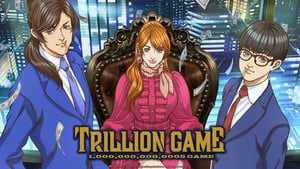
Trillion Game steers clear from traditional anime routes, opting for satirical commentary on corporate ambition.
A Rollercoaster Plot: Beyond Conventional Narratives
The striking attribute of "Trillion Game" lies in its rollercoaster story arcs. From establishing a faux AI website to masquerade as an up-and-coming game developer, the narrative pushes beyond conventional boundaries. Each episode unfurls a twisting saga as Haru leverages deceit and charm, riding on whims rather than strategic acumen. This intriguing unpredictability, while its greatest strength, also forms the core of its narrative risk.
Character Dynamics and Their Dichotomy
What makes Haru’s conquest compellingly jarring is his ethical vacuity—material wealth stands as his sole motivator. His character aligns with real-world corporate titans, yet without the mask of corporate philanthropy. For Gaku, his narration reveals a vulnerability—a reflective recount from his future success—providing the only semblance of narrative introspection amid Haru’s erraticism.
Navigating Themes: A Critique on Capitalism
A key thematic construction within "Trillion Game" is its unabashed critique of capitalism. The series draws similarities to modern societal structures where power and wealth burgeon at the expense of moral integrity. Haru’s attempt to ascend the financial echelon isn’t merely portrayed as an ambitious ascent but as a societal critique—one that resonates personally with viewers disillusioned by capitalist excess.
For context, external readings on economic inequality and its societal impact highlight real-world parallels to Haru’s fictional pursuits. This broader commentary could stir conversations on the ethical boundaries crossed in the relentless quest for capital.
Visual Execution and Artistic Choices
"Trillion Game" presents a mixed bag in its visual aesthetic. Legendary manga artist Ryōichi Ikegami lends his unique style to the series, though it doesn’t effortlessly translate into animation. Characters exhibit a disconcerting semi-realistic design, and while the attempt at visual satire is evident, it often lacks finesse, serving more as a distraction than a narrative complement.
Episodes Unraveled: The Midseason Review
As the series progresses, by episode thirteen, it becomes apparent that Haru’s character arc remains an unrepentant exploration of wealth acquisition. Still, glimmers of potential shift emerge with a burgeoning discord between him and Gaku. Such rifts allude to prospective complexities, suggesting a pivot that may delve into deeper, introspective narratives in subsequent episodes.
Series Verdict: Trillion Game in Retrospect
- Story: C
- Animation: C
- Art: C
- Music: C
Pros:
- Unpredictable story; some narrative twists successfully entertain.
Cons:
- Protagonist’s morality is questionable; supporting characters lack depth. Capitalism is celebrated unabashedly, with simplistic visuals.
Final Thoughts
As "Trillion Game" gears towards the continuation of its saga, it stands at a crossroads—a potential redemption lies in its future episodes. While the current reception might oscillate between intrigue and critique, it offers insight into ambitions unbridled by ethical consideration. Whether viewers stay for pure entertainment or a critique of capitalist structures, "Trillion Game" provides a canvas for broader discussion.
With much ground yet to traverse, one anticipates whether the series will challenge its characters to reassess their moral disposition or uphold the status quo. For those invested in peculiar narratives that test conventional tropes, the unraveling of "Trillion Game" is a journey worth observing.
